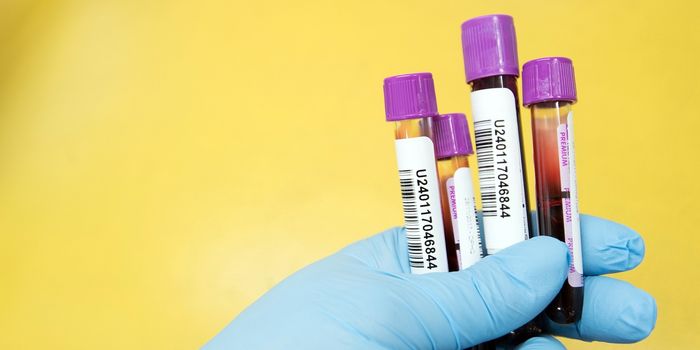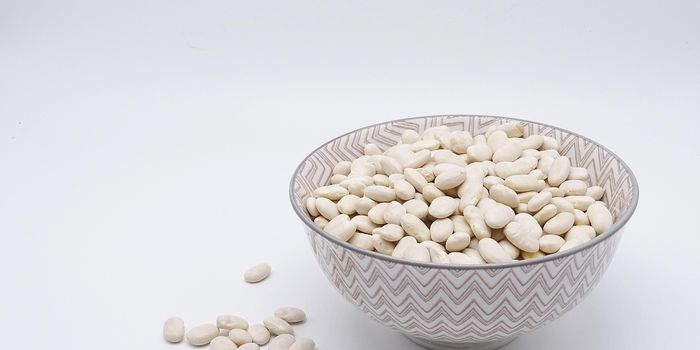Anti-cholesterol Drug Shows Promise Against Parkinson's

How exactly PD arises remains unknown. However, failure in mitophagy is thought to contribute to the condition. Mitophagy is a process in which cells dispose of damaged mitochondria- small structures that generate energy for cells. Failure to remove damaged mitochondria results in neurodegeneration.
Studies show that enhancing mitophagy promotes the survival of dopaminergic neurons- the degeneration of which are a hallmark of PD. Studies also show that at least five genes linked to PD are associated with impaired mitophagy. In the present study, researchers thus sought to identify compounds that enhance mitophagy as a part of broader efforts to find a treatment for PD.
They used AI program 'IBM Watson for Drug Discovery' to analyze published literature for patterns in keywords, phrases, and juxtapositions to identify potential mitophagy enhancers. Ultimately, they found 79 candidates. After screening them in cell cultures against a mitochondrial poison, they next tested the three top candidates in other mitophagy assays.
In the end, the researchers identified probucol- a cholesterol-lowering drug- as the most effective and safe candidate for increasing mitophagy. Probucol was able to improve survival, locomotor function, and dopaminergic neuron loss in tests on zebrafish and fly models of mitochondrial damage.
Probucal works by targeting ABCA1, a protein involved in lipid transport. To see how the drug may affect mitophagy, the researchers administered the drug to live models with reduced levels of ABCA1. Under these conditions, probucal was less able to promote mitophagy. This, noted the researchers, suggests that the drug likely works via ABCA1.
"Given the linkage between lipid droplet accumulation and ABCA1, it seems likely that probucol enhances mitophagy through mobilization of lipid droplets. Targeting this mechanism may be advantageous," Angus McQuibban of the University of Toronto, Canada, and colleagues, one of the study's authors, said in a press release.
"In our study, we used the AI platform IBM Watson to efficiently identify currently approved drugs that could potentially be re-purposed as therapies for Parkinson's disease," he added.
Sources: Neuroscience News, PLOS Biology








